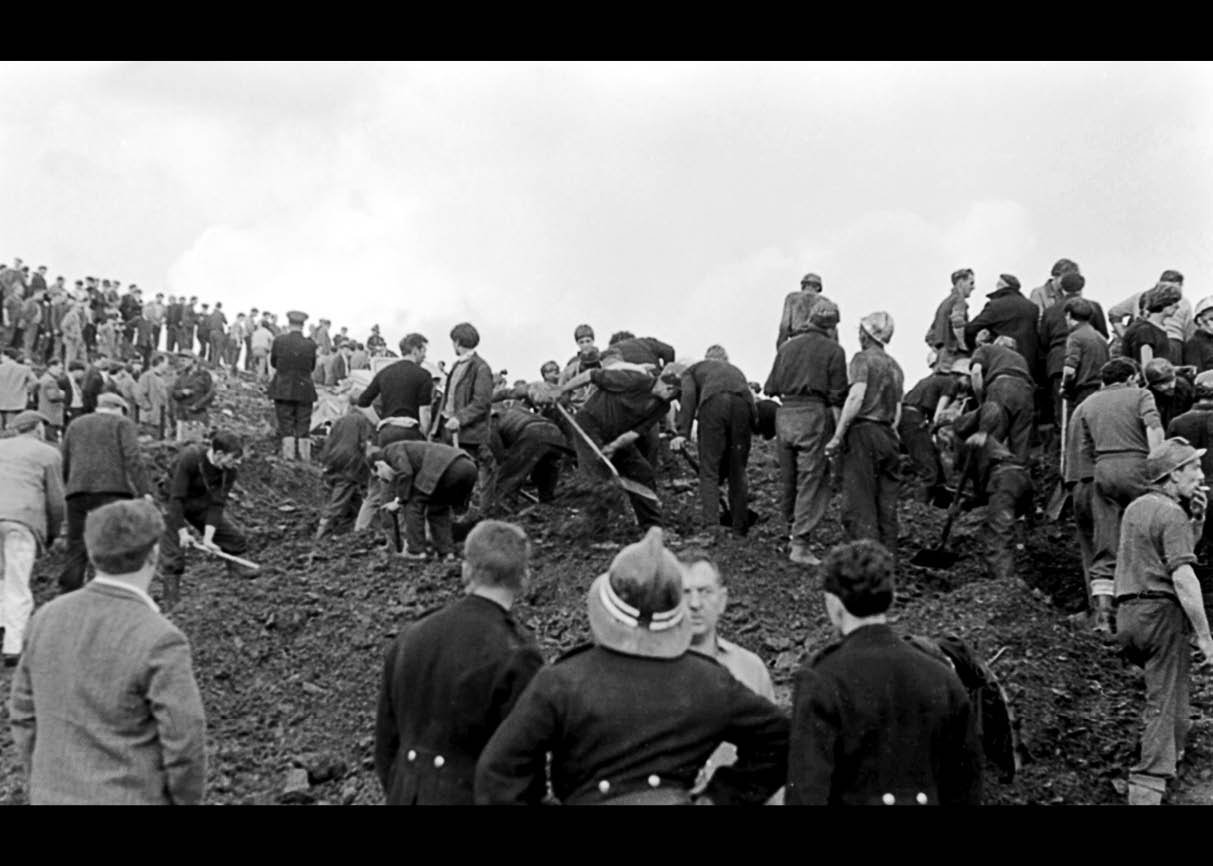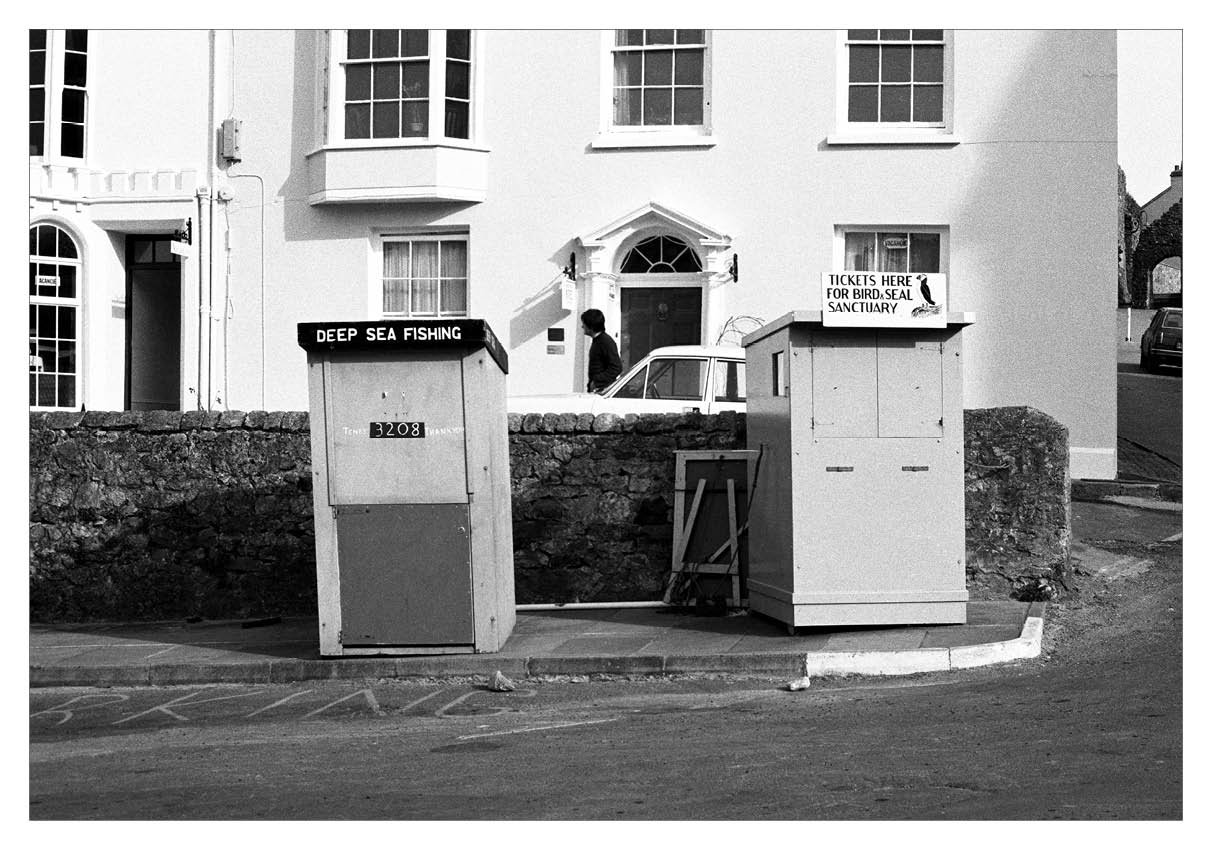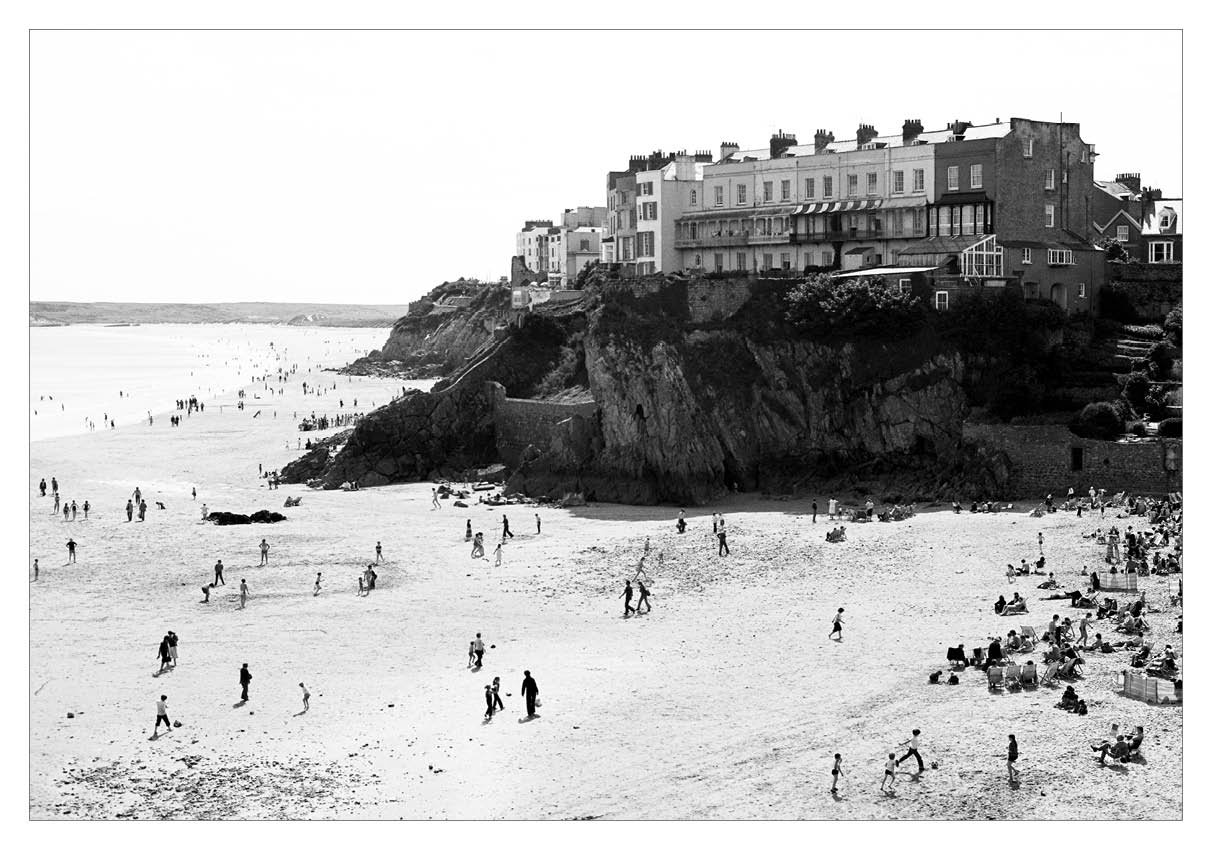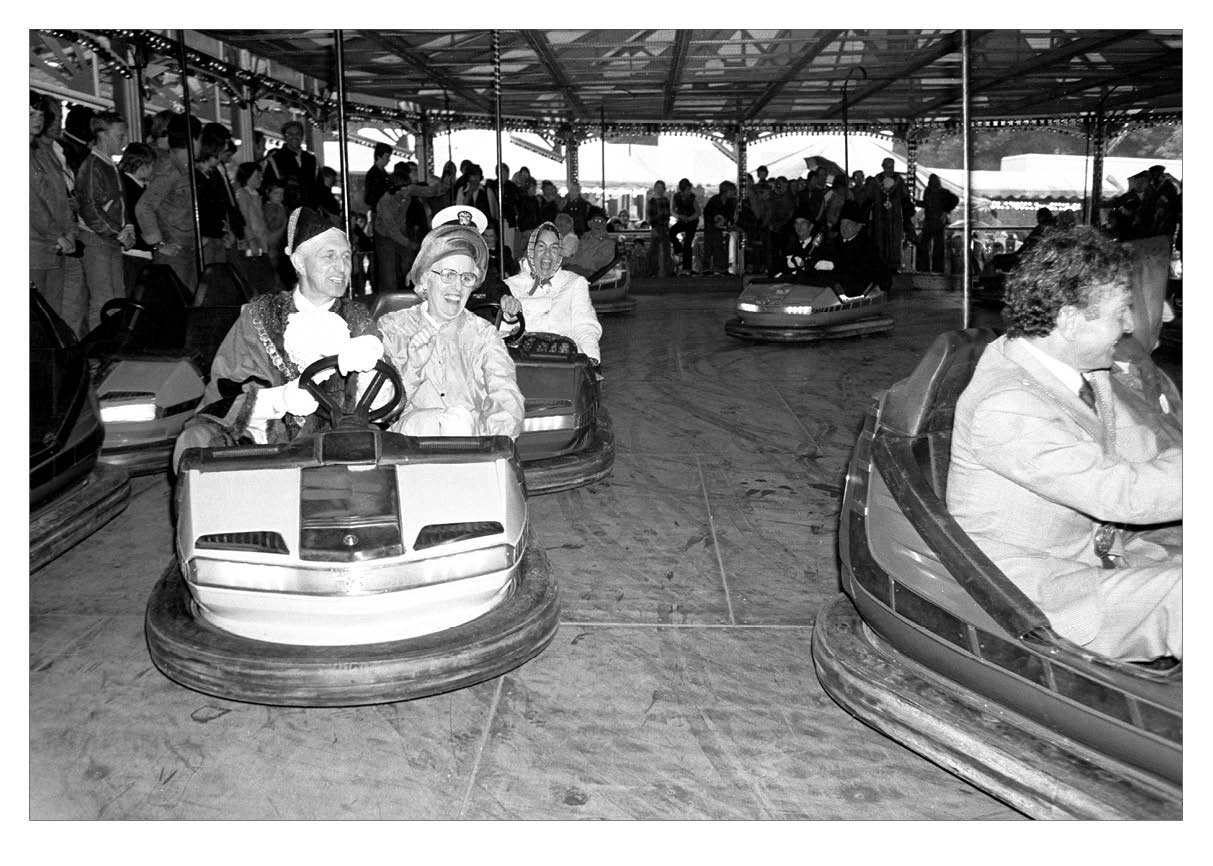 Image 1 of 19
Image 1 of 19

 Image 2 of 19
Image 2 of 19

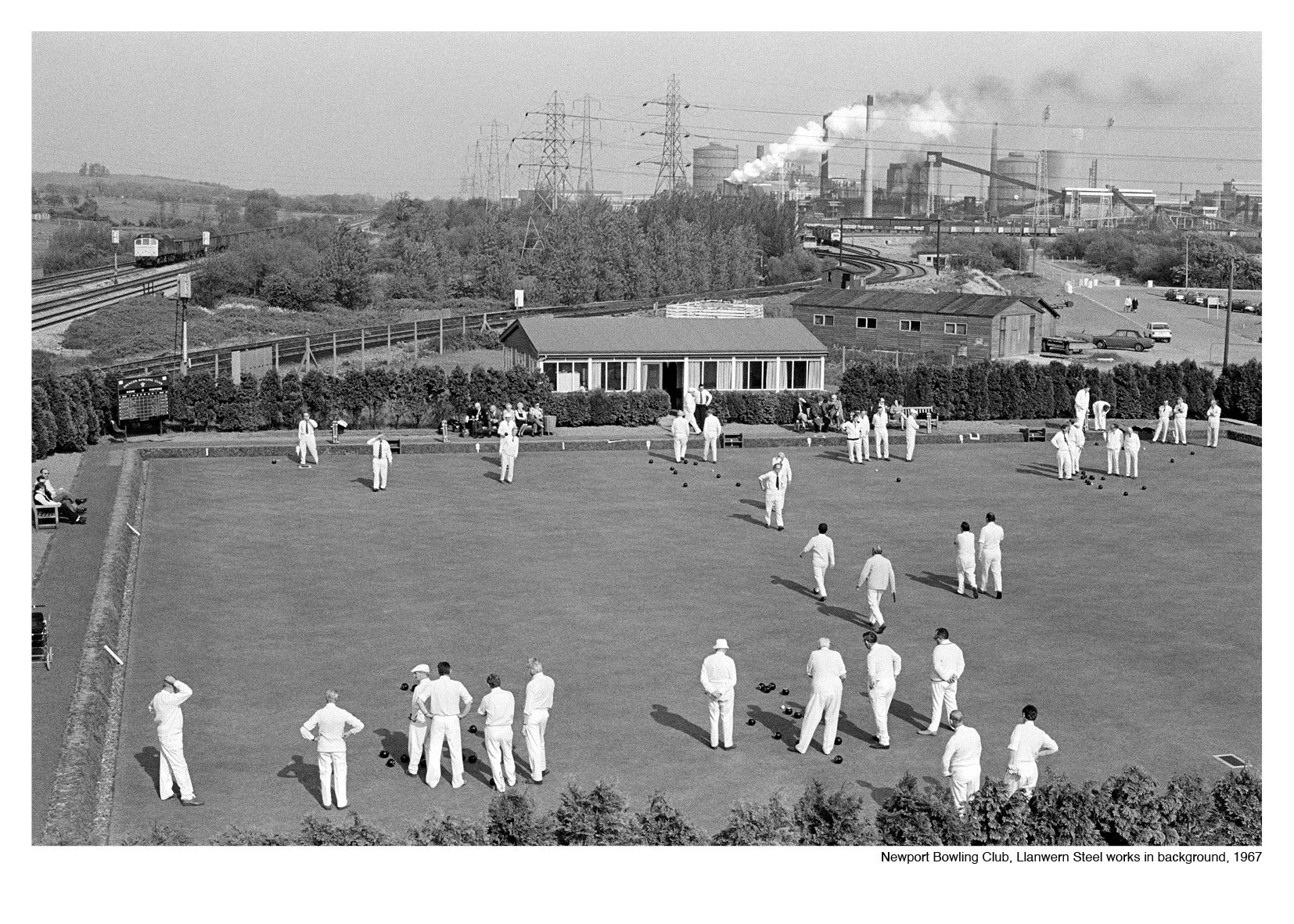 Image 3 of 19
Image 3 of 19

 Image 4 of 19
Image 4 of 19

 Image 5 of 19
Image 5 of 19

 Image 6 of 19
Image 6 of 19

 Image 7 of 19
Image 7 of 19

 Image 8 of 19
Image 8 of 19

 Image 9 of 19
Image 9 of 19

 Image 10 of 19
Image 10 of 19

 Image 11 of 19
Image 11 of 19

 Image 12 of 19
Image 12 of 19

 Image 13 of 19
Image 13 of 19

 Image 14 of 19
Image 14 of 19

 Image 15 of 19
Image 15 of 19

 Image 16 of 19
Image 16 of 19

 Image 17 of 19
Image 17 of 19

 Image 18 of 19
Image 18 of 19

 Image 19 of 19
Image 19 of 19




















David Hurn — Newport 1967–2008
36 pages
printed in England
staple bound
14cm x 20cm
In 1970 I was a successful documentary photographer based in Bayswater. I returned home to Wales as a rest from living in London, and planed to spend a year there shooting freely. I met John Wright, the enlightened head of Newport College of Art, and Peter Jones from the Arts Council. They asked: “Was it possible to teach being a photographer”?
I put heart and soul into setting up and running a course that would swap my experience for the individual potential of each student. All tutees had two things in common, non-fiction curiosity about the world and seeing photography as a fun way of having a profession. To this end I needed to have final total control, as soon as this was threatened, I resigned.
I always thought of photography as my real job — by example was the only way I knew how to teach. I needed to, and managed to keep shooting pictures on at least a couple of days a week.
36 pages
printed in England
staple bound
14cm x 20cm
In 1970 I was a successful documentary photographer based in Bayswater. I returned home to Wales as a rest from living in London, and planed to spend a year there shooting freely. I met John Wright, the enlightened head of Newport College of Art, and Peter Jones from the Arts Council. They asked: “Was it possible to teach being a photographer”?
I put heart and soul into setting up and running a course that would swap my experience for the individual potential of each student. All tutees had two things in common, non-fiction curiosity about the world and seeing photography as a fun way of having a profession. To this end I needed to have final total control, as soon as this was threatened, I resigned.
I always thought of photography as my real job — by example was the only way I knew how to teach. I needed to, and managed to keep shooting pictures on at least a couple of days a week.
















